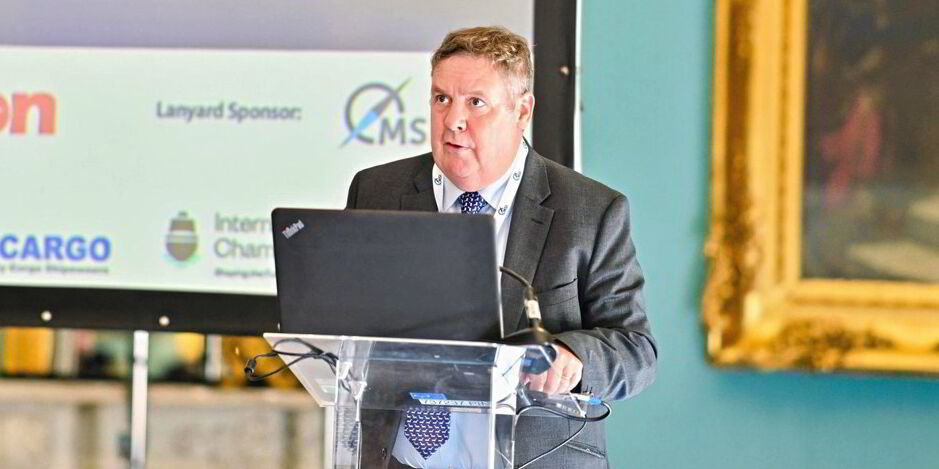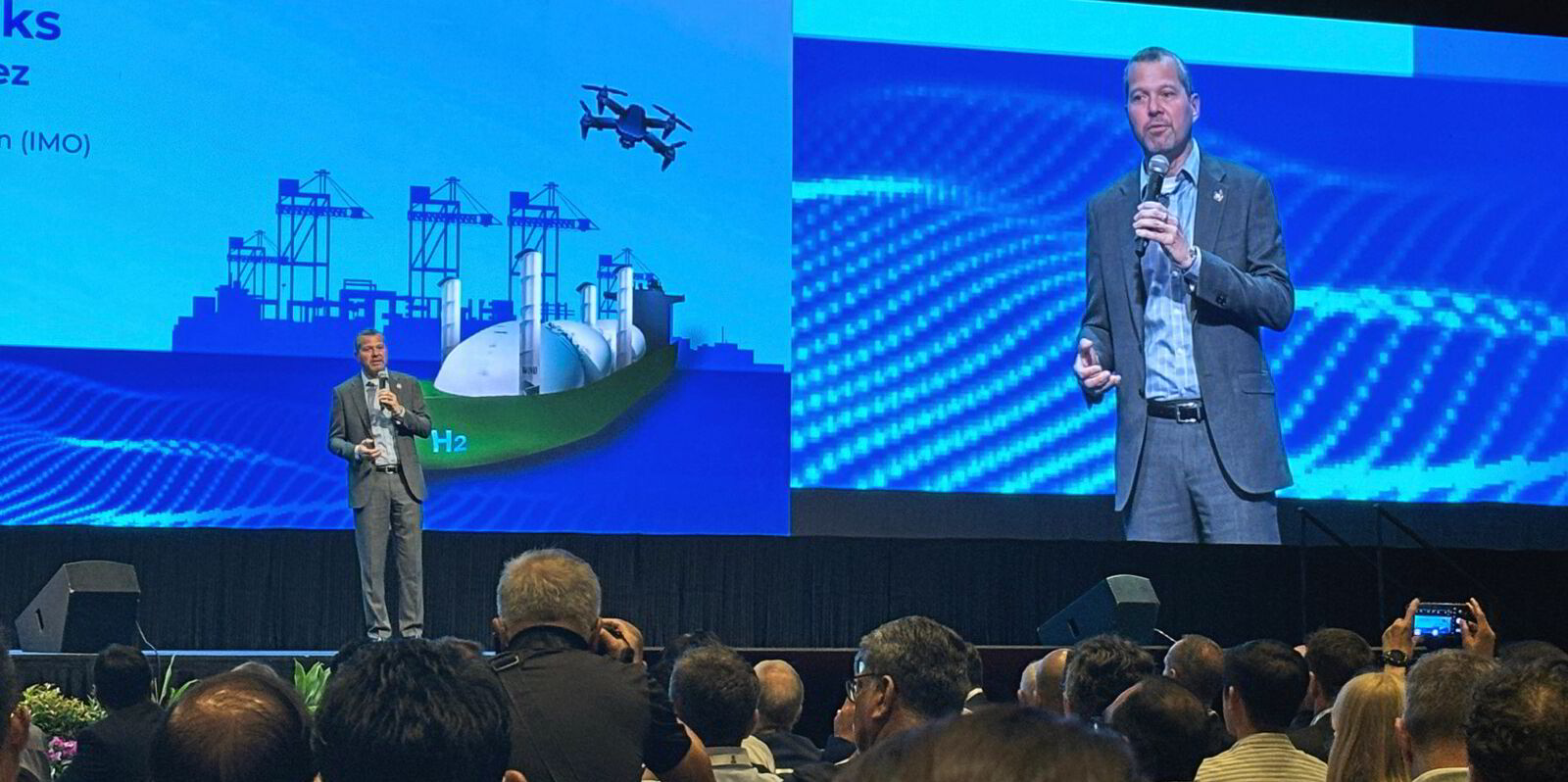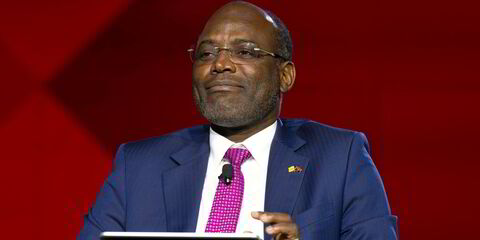The shipping industry is currently experiencing an “unprecedented” threat to pre-trade and increased protectionism, the head of the International Chamber of Shipping said.
Guy Platten, secretary general at the ICS, said the number of unilateral barriers to trading imposed by countries is increasing exponentially
“Whilst I recognise the intentions of such barriers may be well-meaning, the reality is that trade is increasingly being threatened as nations seek to obtain greater economic advantage or achieve political aims,” he said.
“This is having a magnifying effect that will negatively impact global trade and ultimately reduce growth for all.”
Platten outlined that the ICS’s newly released barometer report showed that increased protectionism was a growing risk of maritime leaders, driven by geopolitical instability, national energy concerns, global and regional economic crises and government and manufacturing incentives for global production.
“Protectionism is, without question, one of the biggest challenges that we are facing,” Platten told the Xinde Marine Forum in London.
“We need to ensure that the rules-based order that has long benefited our industry is not systematically broken down one trade policy at a time.”
China’s role in decarbonisation
In terms of the industry’s decarbonisation journey, Platten said there is no denying that the industry has “made a good stead”, though admitting that there is still “much to be done”.
“China, of course, can be one of the leading nations in these efforts to meet our decarbonisation targets. As a country, it is thriving with thinking technologies, and over half the world thinks intelligence is owned by Asian companies. A holistic approach must be taken,” he asserted.
Platten insisted that to reach the 2050 target, low and zero-carbon fuels must be made available in the future and most importantly, at a competitive price.
“The price of low and zero-carbon emission fuels has been expensive. Their availability has been limited, with little or no incentive for shipowners, operators and chargers to adopt these more expensive alternative fuels, that will get us closer to achieving our climate ambitions,” he said.
Progress in the development of new alternative fuels for shipping has been “far too slow”, added Platten, while explaining the chamber’s proposed pricing mechanism.
“An economic measure needs to be put in place urgently to accelerate the production and uptake of these new fuels. There really is no time to waste.”
Platten reiterated that the greenhouse gas emissions pricing mechanism can be adopted by 2025 to provide the industry with the “certainty and guidance” needed to accelerate decarbonisation goals.
Platten also urged China to support this proposal as it is “just the take-off we need to move forward collectively.”
People at the core
However, Platten emphasised that the advancement of technology within the industry must not come at the cost of the safety of the sector’s people.
He said: “Without question, people must be at the core of our decisions. Without a well-trained, diverse, motivated workforce, we will not be able to deliver the ambitious goals to address the climate emergency.”
Globally there are approximately 2bn seafarers, with some suggestions that up to 800,000 will need to be upskilled to deal with alternative fuel sources, he detailed.
“But this should be seen as part of the problem, and we must focus on these things early enough,” Platten said.
He also paused to recognise seafarers, “the heart of our industry”, who are having to navigate through a difficult operating environment, once again.
“The current geopolitical uncertainty and instability within the world has put our seafarers’ lives at risk for simply doing their job,” he said.
Platten asked the forum to remember the members of the merchant vessel Galaxy Leader who have been held hostage for over 10 months by the Houthis rebels, with no sign of release on the horizon.
“This is deplorable. These acts of aggression are unacceptable, and our seafarers should not be seen as legitimate targets, or, more importantly, be forgotten,” he concluded.






